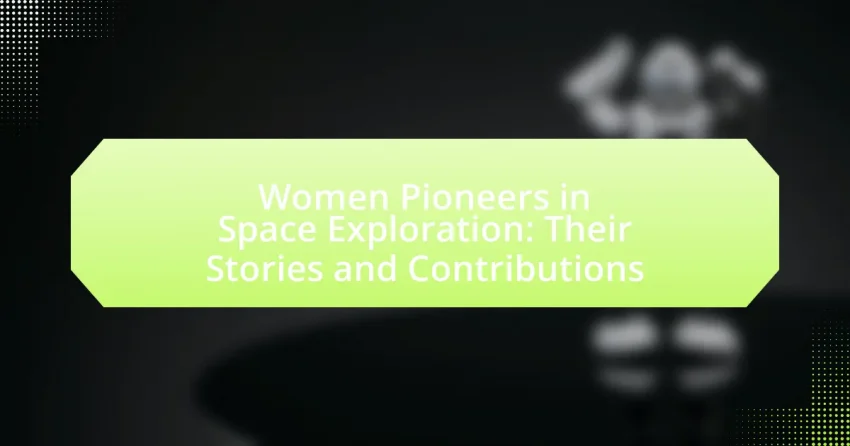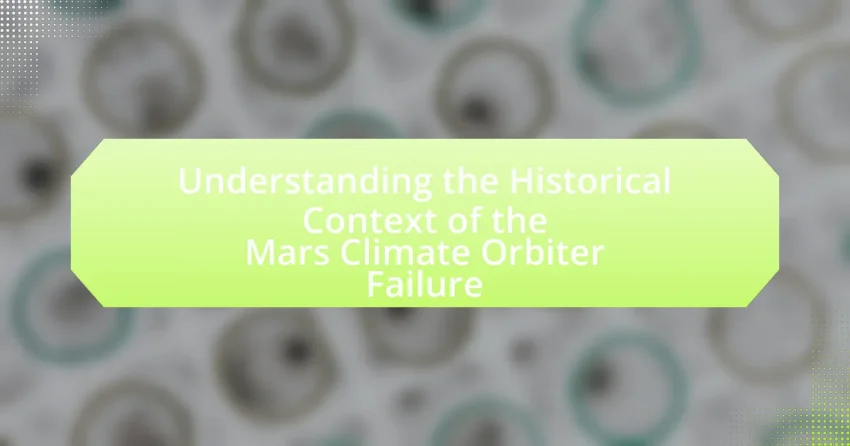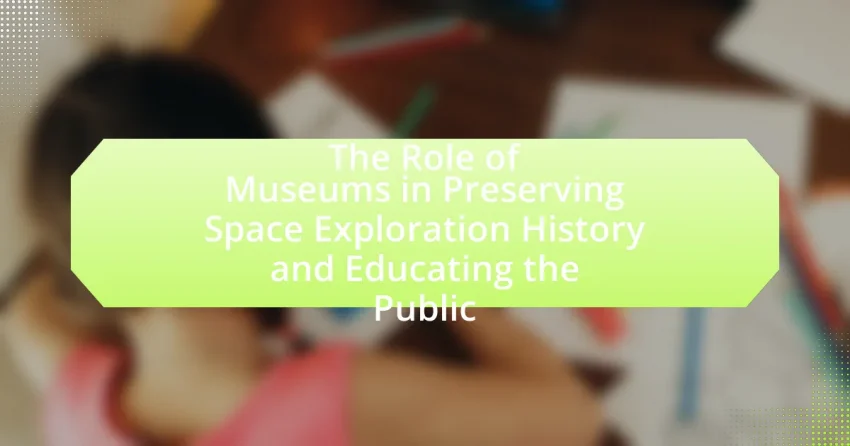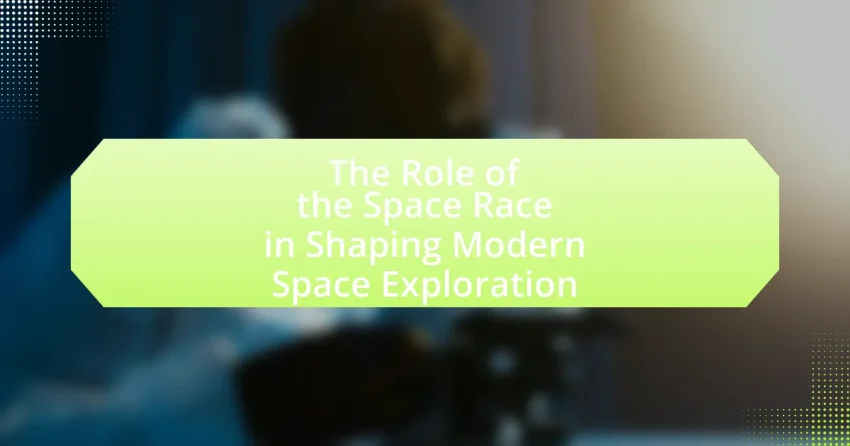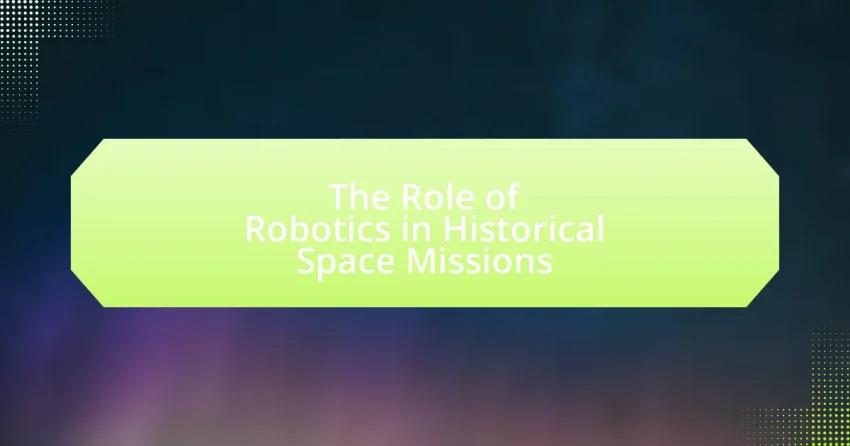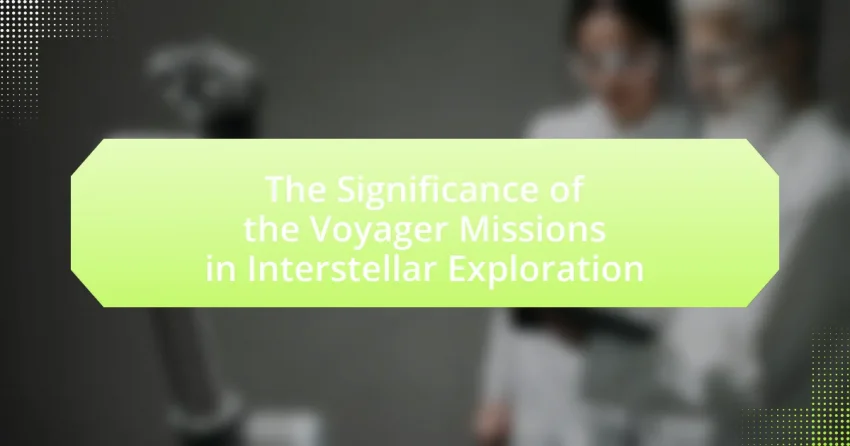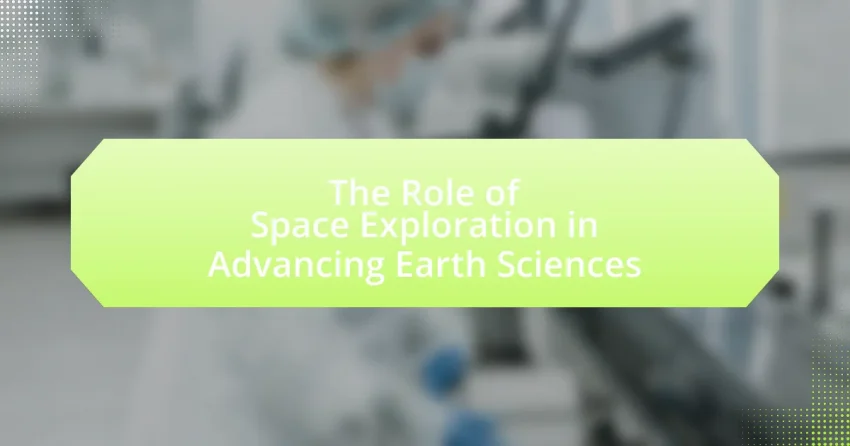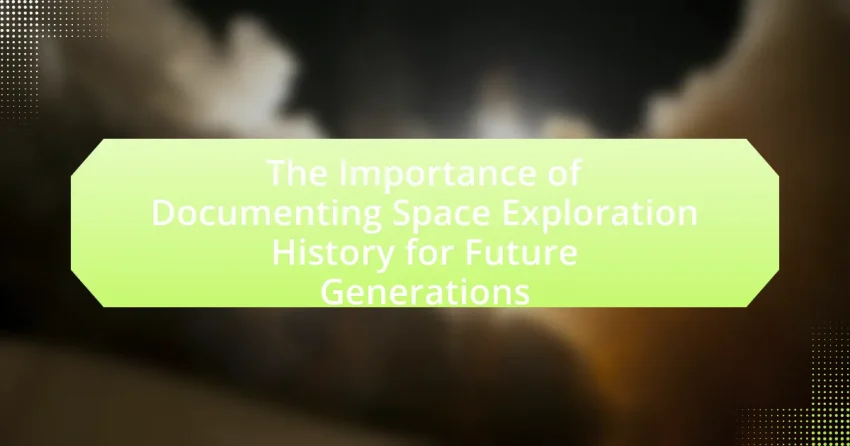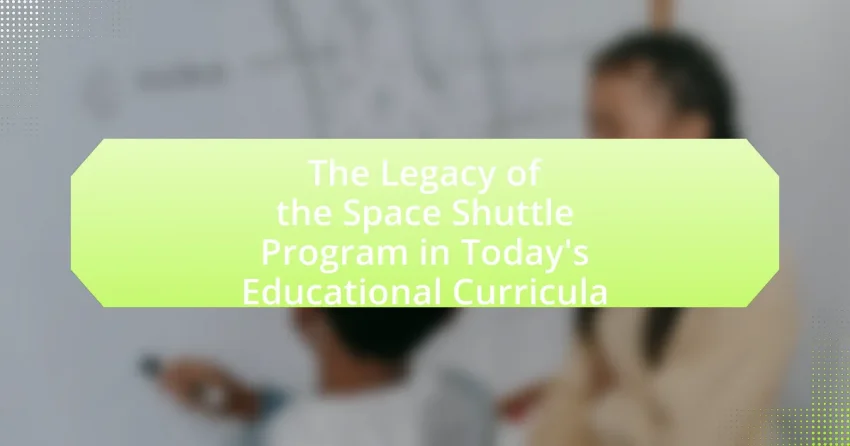The article focuses on women pioneers in space exploration, highlighting their significant contributions and the barriers they overcame in a predominantly male field. Key figures such as Valentina Tereshkova, the first woman in space, and Sally Ride, the first American woman in space, are discussed alongside other influential women like Mae Jemison and Katherine Johnson,…
Understanding the Historical Context of the Mars Climate Orbiter Failure
The Mars Climate Orbiter failure serves as a critical case study in engineering miscommunication, primarily resulting from a mismatch in measurement units between NASA and Lockheed Martin. This incident led to the orbiter’s disintegration upon entering the Martian atmosphere due to a navigation error. The article outlines the mission’s objectives, the engineering decisions that influenced…
The Role of Museums in Preserving Space Exploration History and Educating the Public
Museums play a vital role in preserving the history of space exploration by curating and conserving significant artifacts, documents, and exhibits that highlight key achievements in the field. They engage in systematic processes to collect, authenticate, and display items such as spacecraft, space suits, and scientific instruments, ensuring these historical objects are maintained for future…
The Role of the Space Race in Shaping Modern Space Exploration
The Space Race was a pivotal competition between the United States and the Soviet Union during the Cold War, aimed at achieving significant milestones in space exploration. It began with the launch of Sputnik 1 in 1957 and led to major achievements such as the Apollo 11 Moon landing in 1969. This rivalry not only…
The Role of Robotics in Historical Space Missions
The article examines the pivotal role of robotics in historical space missions, highlighting how robotic systems have facilitated exploration, maintenance, and data collection in environments inhospitable to humans. Key examples include NASA’s Mars rovers, which have conducted geological surveys and analyzed soil samples, and the robotic arms used in the Space Shuttle and International Space…
The Significance of the Voyager Missions in Interstellar Exploration
The Voyager Missions, comprising Voyager 1 and Voyager 2, are NASA’s groundbreaking space probes launched in 1977 to explore the outer planets and interstellar space. Their primary objectives included studying Jupiter, Saturn, Uranus, and Neptune, along with their moons and rings, to gather critical data on planetary atmospheres, magnetic fields, and the potential for life….
The Role of Space Exploration in Advancing Earth Sciences
The article examines the critical role of space exploration in advancing Earth sciences, highlighting how satellite technology and space missions provide unique data essential for understanding climate change, natural disasters, and Earth’s geological processes. It discusses the contributions of various space programs, such as NASA’s Earth Observing System and the European Space Agency’s Copernicus program,…
The Importance of Documenting Space Exploration History for Future Generations
Documenting space exploration history is essential for preserving knowledge, inspiring innovation, and guiding future policy decisions. This article examines the significance of historical records from missions like the Apollo program and the International Space Station, highlighting how they inform current and future space endeavors. It discusses the lessons learned from past efforts, the methods used…
The Legacy of the Space Shuttle Program in Today’s Educational Curricula
The main entity of the article is the Space Shuttle Program and its legacy in contemporary educational curricula. The article outlines the program’s significant contributions to human spaceflight, scientific research, and international collaboration from 1981 to 2011, highlighting its impact on STEM education. It discusses how educators incorporate the program’s milestones and technological advancements into…
The Influence of Science Fiction on Public Interest in Space Exploration
The article examines the significant influence of science fiction on public interest in space exploration. It highlights how iconic works, such as “2001: A Space Odyssey” and the “Star Trek” franchise, have shaped perceptions and inspired curiosity about the cosmos, leading to increased public engagement and support for space missions. The article discusses key themes…
